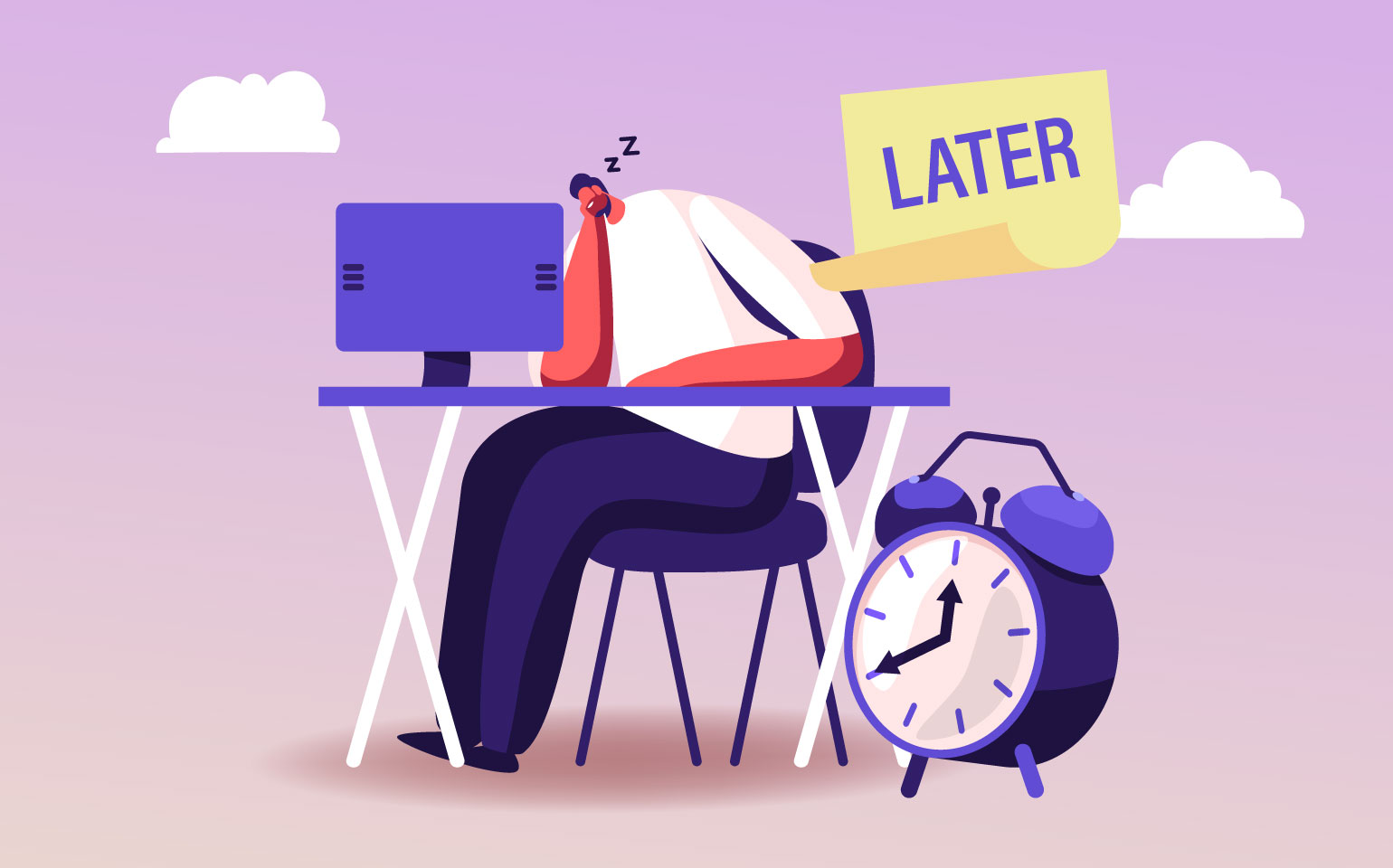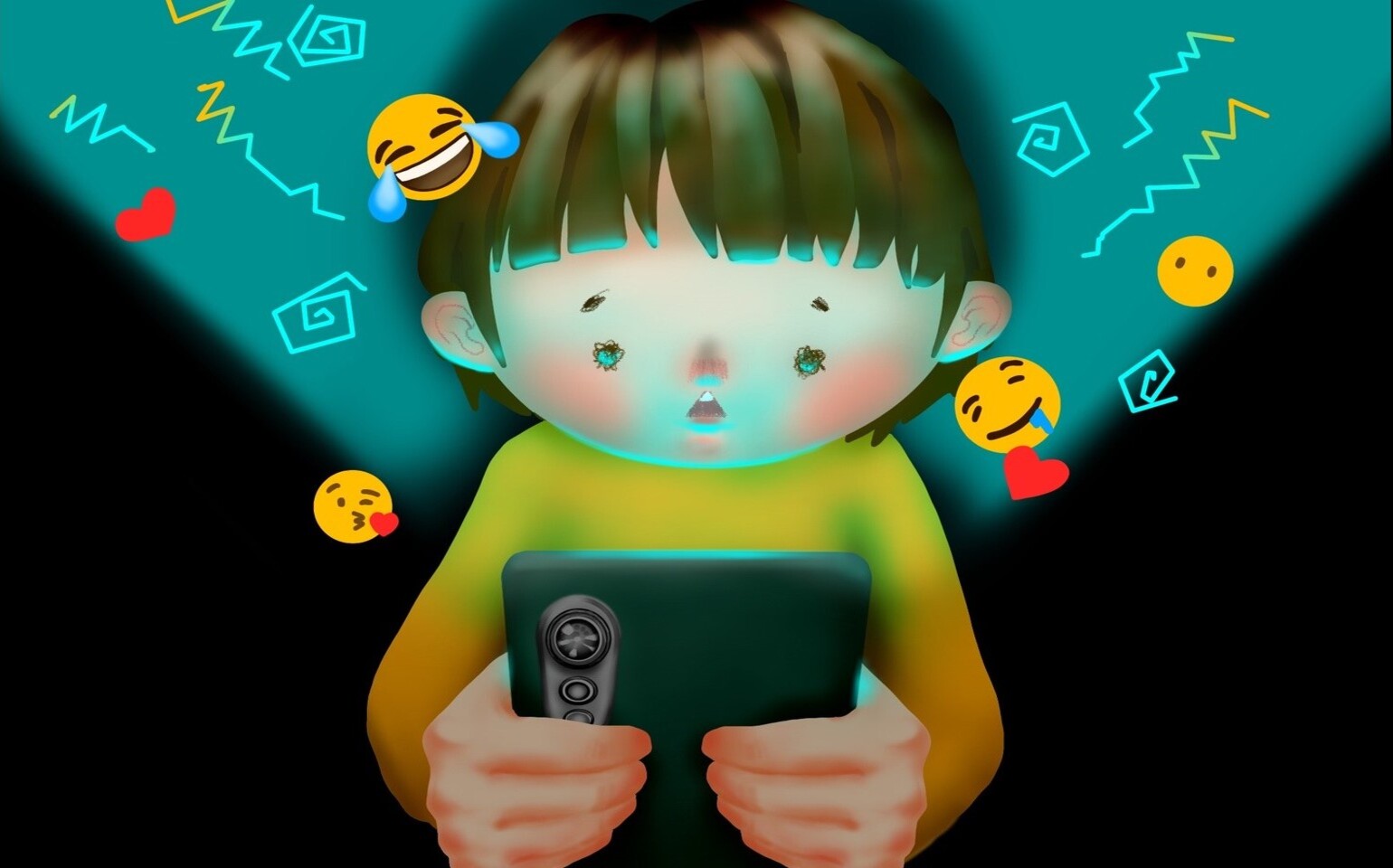Prioritizing Sleep
How much do you value sleep? At what cost do you protect your daily sleep time? The American Psychological Association (APA) reports that people who sleep more tend to live longer, healthier lives and are happier people all around. You probably have a very busy life and need “downtime” to relax, unwind, or spend time with friends. Sometimes getting everything you want done in a day can happen at the expense of sleep because many people crave the quiet privacy of a late night after a long day at school. When you think about all the day-to-day activities you juggle, like school, work, and extracurricular activities, getting to bed early enough to get eight to 10 hours of sleep can seem hard. Unfortunately, not getting enough sleep each night can have a major impact on your health as well as your performance in school.
How much sleep is really needed? Everyone has heard the general advice that people should get at least eight hours of sleep per night, but the amount of sleep people need varies depending on their age group. According to an article in the Journal of Clinical Sleep Medicine (JCSM), published by the American Academy of Sleep Medicine (AASM), eight hours of sleep per day is the minimum amount for good health, but we should really get up to 10 hours. Thinking about “catching up” on the lack of sleep during the school week? Or sleeping on the weekends until mid-morning or lunch? Well, there’s emerging evidence, as reported in Time magazine, advising against playing “catch up” on the weekends and emphasizing that getting eight to 10 hours of quality sleep daily is the only way to reap the benefits.
When you get a great night’s sleep, you feel ready to tackle all the challenges a new day brings. But this is not the only reason to get the recommended amount of daily sleep.
Teenagers who get between eight and 10 hours of sleep every night are more likely to see benefits that include improved grades, better memory, lowered risk of obesity, decreased chances of getting sick, and improved mood; however, those who don’t are risking serious consequences. How do you know if you’re getting enough sleep? You may need more sleep if you’re having difficulty waking up in the morning or having trouble concentrating throughout the day. Other signs include falling asleep during classes and feeling moody or even depressed.
Sleep is an important part of your daily routine. In fact, we spend about one-third of our time doing it. You may think that getting enough sleep is not important, but neuroscientists have concluded that without enough sleep, you can’t form or maintain the pathways in your brain that lets you learn and create new memories (Krause et al., 2017). Furthermore, a lack of sleep makes it harder to concentrate and respond quickly. Research also shows that when you don’t get enough sleep it can lead to these consequences: struggles in school, trouble with memory, decreased motivation, a higher rate of accidents and sleepiness, and feeling depressed, which can become a serious medical condition.
But why aren’t you getting enough sleep? If you have a medical condition that causes you to lose sleep, then you can consult a doctor about that. But most sleepy students are just having too many late nights and are not practicing good sleep hygiene. What’s sleep hygiene? Just like there’s a recommended technique to washing your hands, there’s a recommended way to sleep. These recommendations include:
- Setting a schedule: Go to bed at the same time every night and wake up in the morning at the same time too.
- Avoiding high-intensity exercise right before sleep: High intensity exercise an hour before sleep can make it take longer for you to fall asleep and cause poorer sleep quality.
- Avoiding caffeine-related drinks before bed: Caffeine is a stimulant, and you don’t need that right before you sleep.
- Relaxing before bed: Do something relaxing before you go to sleep, like have a warm shower, read a book, or do any other relaxing activity.
- Avoiding bright lights and loud sounds: Keep your room at a comfortable temperature. If you don’t watch TV or use a computer before sleeping, you will get to sleep easier.
- Avoiding lying in bed awake: If you can’t get to sleep, do something else, like read a book or listen to music until you feel tired.
Getting enough sleep is as essential to survival as food and water, impacting our lives in more ways than one. If we value the importance of sleep, we’d make a bigger effort to prioritize it. All of us need eight to ten hours of sleep daily, and if we maintain this, we can have happier, healthier lives.




